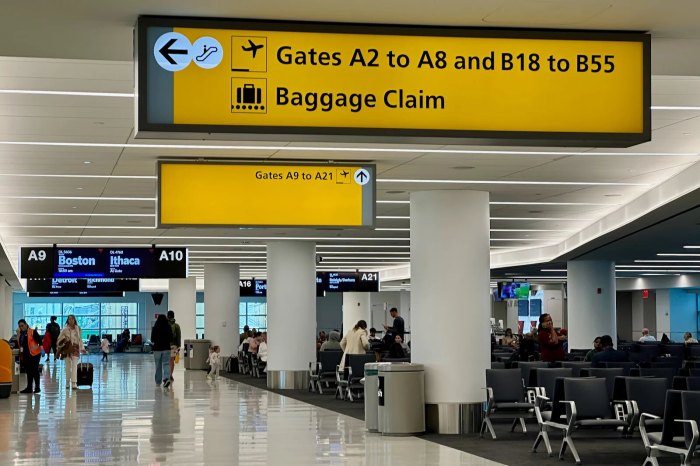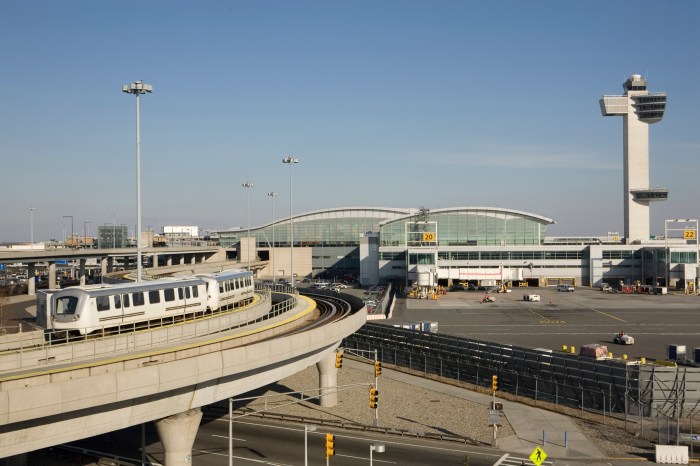By Philip Newman
Subway stations are getting cleaner with fewer overflowing garbage containers, less peeling paint and fewer rats, according to the Straphangers Campaign.
The transit riders advocacy agency said most conditions at subway station platforms had improved or stayed at high performance levels since last year, when the Straphangers issued its first State of the Station Platforms survey.
The report found that most conditions got better, including fewer garbage bags on platforms, staircases in disrepair, exposed wiring, floor cracks and lighting. Overflowing garbage cans were almost a problem of the past.
The Straphangers said the only conditions that got worse were water damage and graffiti.
The survey was based on observations at 251 platforms at 120 subway stations between May 28 and Aug. 10, 2012. These 251 platforms were nearly identical to the platforms surveyed in 2011, which were selected at random.
“We applaud transit managers and workers for improving the condition at many stations,” said Jason Chin-Fat, the Straphangers Campaign field organizer who oversaw the survey. “But there’s still room for further progress. There’s no reason, for example, that riders should have a one-in-10 chance of seeing a rat while waiting for a train.”
As to water damage and graffiti, MTA spokesman Kevin Ortiz said:
“Over the past three years we have consistently met our goals of removing 98 percent of reported graffiti hits on time (within 72 hours of being reported on painted surfaces within station confines). Graffiti on tiled surfaces is removed daily.”
He said the number of reported graffiti hits has steadily declined over the last few years.
“Other than water damage from Superstorm Sandy, we do not have any empirical data that has shown an increase in water damage.”
Ortiz said water is a significant problem for the subways and on a regular day when it is not raining 13 million gallons are pumped from the system.
He pointed out that the MTA has “recently instituted a tracking database for water leaks and plans to systematically try to find the root cause of each and devise appropriate treatments.”
Reach contributing writer Philip Newman by e-mail at timesledgernews@cnglocal.com or phone at 718-260-4536.



































